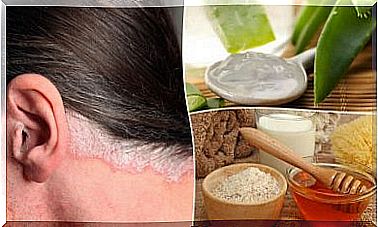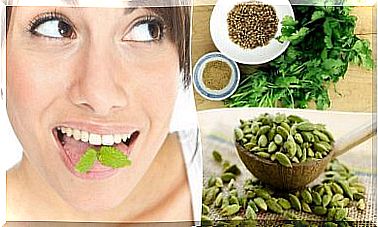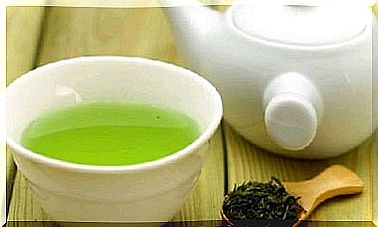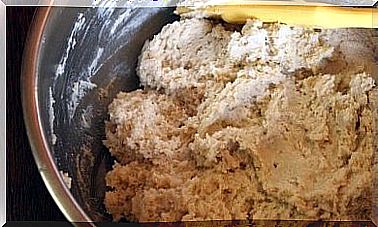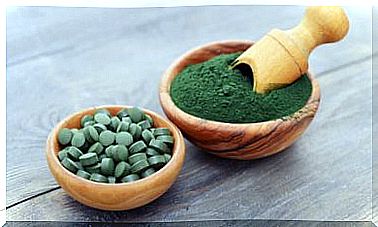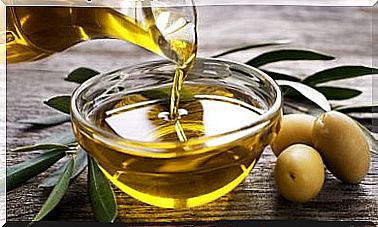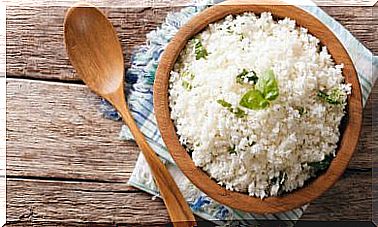Salt Consumption Awareness Week
Salt Awareness Week is an initiative that aims to reduce the consumption of this ingredient, as it is considered to be dangerous to health in excessive amounts. The truth is that salt intake has increased year after year in the search for greater palatability of dishes.
It must be taken into account that an excessive presence of this product in the diet is related to an increased risk of developing hypertension. This pathology is behind other types of cardiovascular problems much more serious, so it is a point that must be closely monitored.
What is this week about?
This Salt Awareness Week has been created to increase awareness of salt intake in the diet.
The main purpose is to limit its presence in culinary preparations, as well as to pressure the industry to find alternatives that can guarantee a good taste without putting health at risk.
The truth is that it has been carried out since 2019. Each year has a different slogan as well as specific secondary objectives. We are going to tell you a little more about them so that you are aware of the evolution in the subject.
2019: “Time to act against salt!”
It is the first year in which the initiative was put into practice. The main risks associated with salt consumption were discussed and significant evidence was provided. Previously, several analyzes had been published that linked an excessive intake of the ingredient with an increase in hypertension.
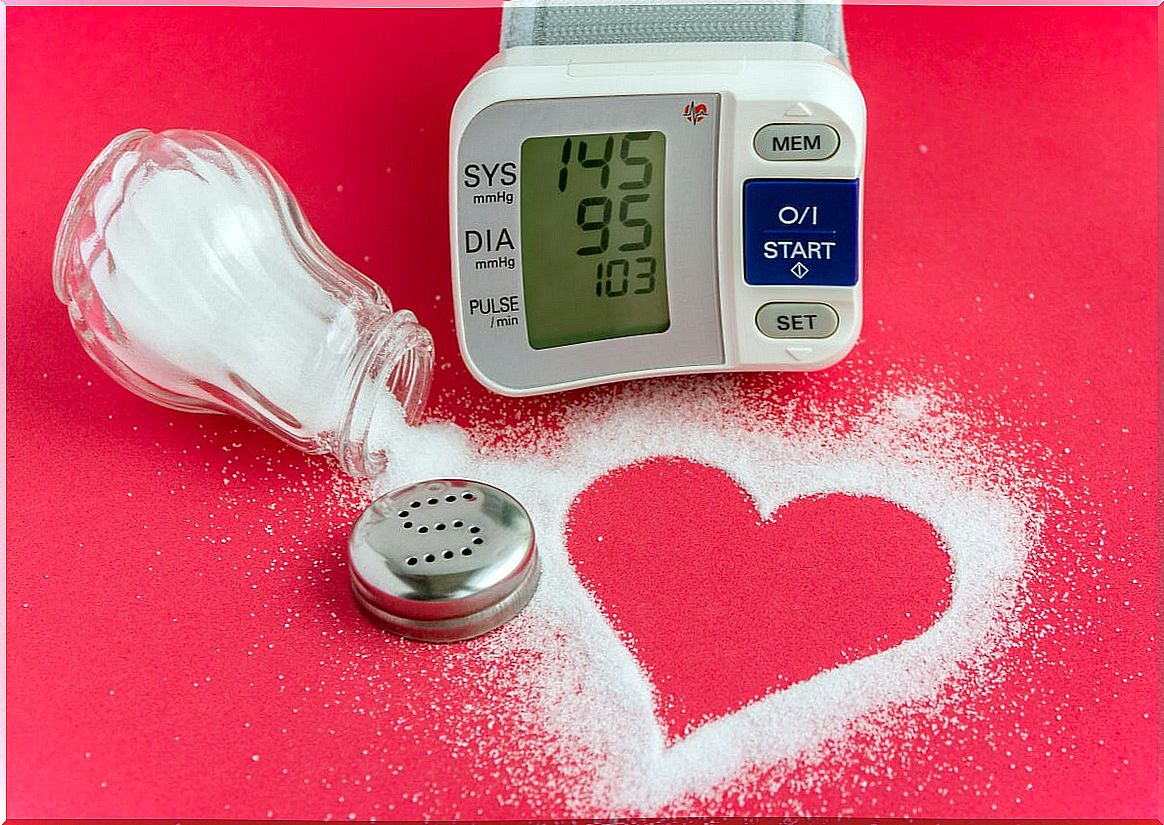
Excessive consumption is of particular concern in children and young adults. These are more and more accustomed to the consumption of processed and elaborated foods by the industry, which tend to abuse the presence of additives in their composition. Bad habits then extend throughout the rest of life, negatively impacting health.
2020: «Hide and find»
The main objective of the 2020 salt awareness week was to make people understand that the ingredient is used much more frequently than we think.
It also appears in quantities that we are sometimes unable to imagine. For this reason, it is essential to review the nutritional labels and locate the salt among the ingredients to assess whether the contribution is excessive.
2021: “Less salt, more flavor”
This year, the salt awareness week will take place between March 11-17. It is intended to teach how with a lesser use of the element it is possible to make tasty, palatable and healthier culinary preparations.
Alternatives will be offered such as the use of culinary spices when seasoning meals. Many of these not only are not harmful to health but have shown benefits at the level of disease prevention. One of the clearest cases is that of turmeric.
Why is it necessary to raise awareness about salt consumption?
As commented, the problem with salt is not its routine use, but its consumption in doses higher than those considered healthy, since sodium is, in itself, in most foods.
If we also add salt regularly and excessively in meals , we are overloading the contribution of the nutrient. In moderate amounts it is healthy and has a positive effect on the body, but the limits are being exceeded.

In this way, it can cause damage to the functioning of the cardiovascular system, as evidenced by research published in the journal Nutrients .
Normal hemodynamics may be altered from too high doses of salt, which has a negative effect on health. This is the reason why the amount of the ingredient added to meals must be controlled, as well as its presence in processed foods.
Health effects that salt consumption can create
In addition to the already mentioned hypertension, the consumption of salt is linked to the hyperpalatability of food. This results in an incorrect functioning of the satiety mechanism, since people start consuming products simply because they are rich.
From here on, it is more likely that inappropriate dietary behaviors will develop that lead to being overweight, with all the risks that this entails for health.
It is important to be able to emotionally detach from food as much as possible. This does not mean not preparing tasty dishes, but it does mean being able to stop eating when you no longer have an appetite. With preparations with too much salt and additives, this concept is difficult for many.
Recommendations to reduce salt intake
The best alternative to salt is culinary spices. These ingredients improve the flavor of the preparations, at the same time that they exert a positive effect on health due to their antioxidant content.
The variety of culinary spices that can be found in the market is wide. Therefore, you can try to find the ones that most satisfy each one. As a general rule, it should be noted that turmeric and ginger have been shown to be especially beneficial.
In addition, in order to also reduce salt consumption, it is advisable to prioritize the consumption of fresh foods over ultra-processed ones. In this way, the amount of the ingredient that is added to the preparations can be more precisely controlled.
It is important to reduce salt intake
As you have seen, eating excessive amounts of salt is not recommended at all. It is one of the points that worries many of the nutrition professionals the most, along with the excessive presence of simple sugars and trans fats in the diet.
It is important to make the population aware of the importance of modulating salt intake to protect cardiovascular health in the medium and long term, and save lives.

